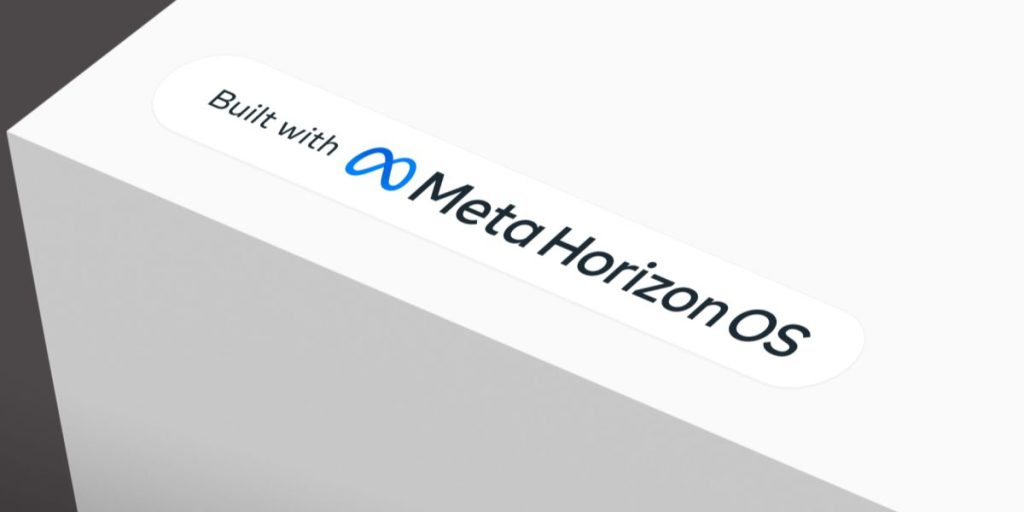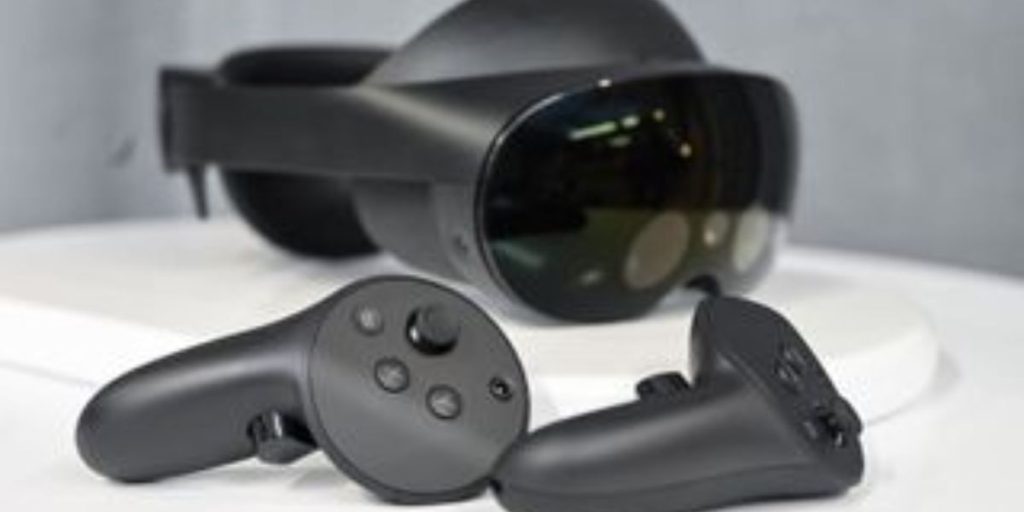Facebook parent company Meta recently announced the impending release of Meta Horizon OS, a virtual and augmented reality operating system that would be accessible to other hardware manufacturers wishing to create their own headsets.
While Meta presently markets the Quest series of headgear, the company intends to eventually offer software for other VR and AR devices, much like Microsoft does for a variety of third-party PCs.

The mixed reality operating system Meta developed for its own Quest headsets is called Meta Horizon OS, and it supports passthrough, spatial anchors, scene interpretation, eye, face, hand, and body tracking among other capabilities. A “social layer” will let people to move between virtual worlds on various devices with their identities, avatars, and friends.
Devices running Meta Horizon OS are being developed by several companies, claims Meta. Lenovo is developing mixed reality devices for productivity, education, and entertainment, and ASUS ROG is creating a performance gaming headset. Meta claims to be working with Xbox to produce a limited edition version of Meta Quest as well.
Through the removal of obstacles between the Horizon Store and App Lab, Meta is enabling any developer to launch VR apps on the platform with the expansion of Meta Horizon OS to third-party hardware makers.

Meta is introducing itself into the expanding AR/VR ecosystem and generating chances for it to surpass Apple in mixed reality development by developing an operating system that other gear manufacturers may adopt. Early this year, Apple introduced the Vision Pro headset, but considering its high cost and restricted availability, the software is deficient.
Now, fewer customers are asking for demos at Apple’s retail stores, suggesting that demand for the Vision Pro is already falling.